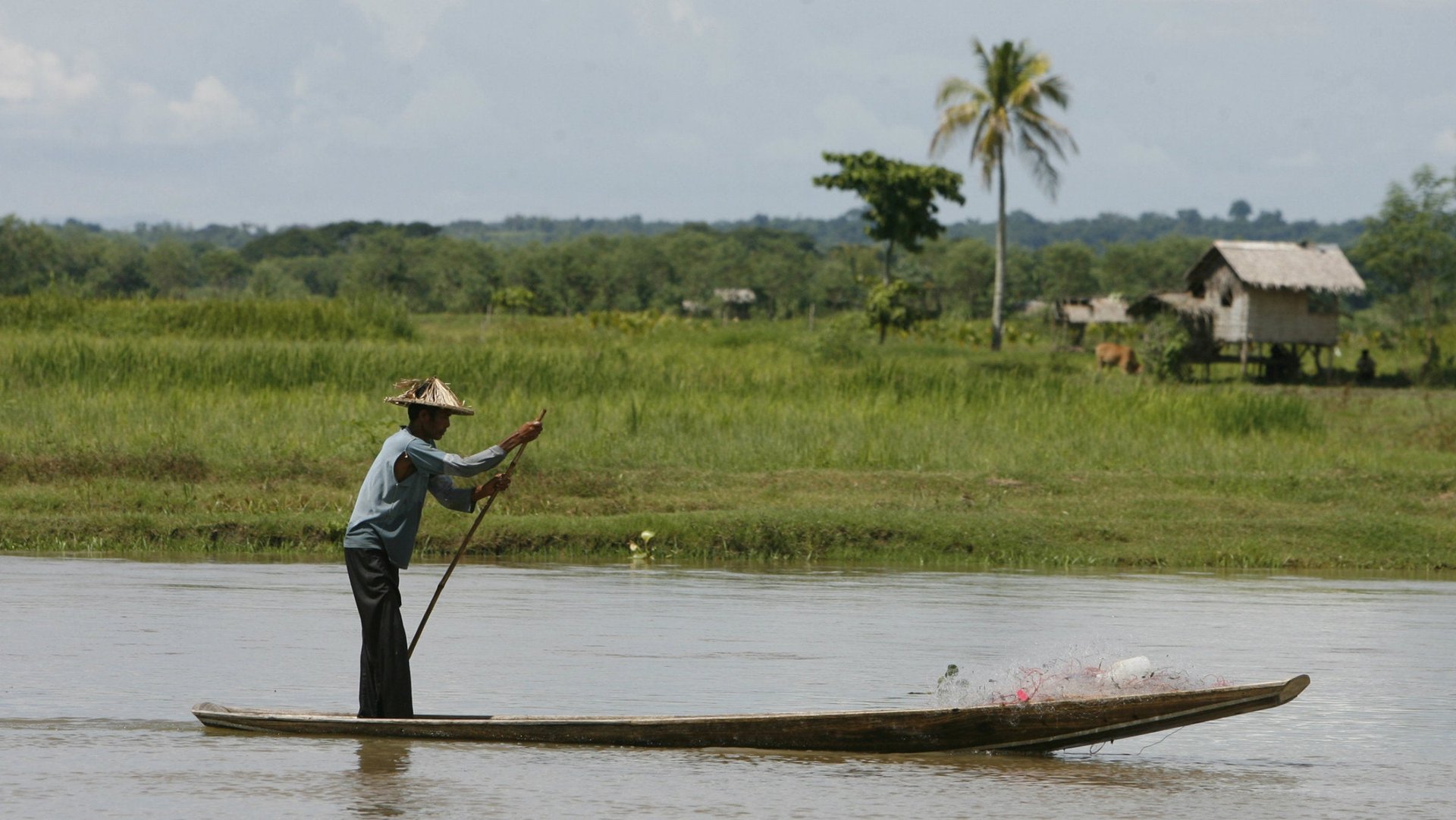The end of conflict in the Philippines could create a mining boom in a pristine paradise
After five decades of bloody conflict, the southern Philippines could soon be open for investment, after a peace agreement was reached this weekend between the government and Muslim insurgents.


After five decades of bloody conflict, the southern Philippines could soon be open for investment, after a peace agreement was reached this weekend between the government and Muslim insurgents.
The area where the conflict was the most intense—particularly the 38,000 square mile island of Mindanao—has been long-coveted by Philippine investors, foreign governments and multinational mining companies alike. In 2006, the US embassy in Manilla estimated that untapped natural resource wealth in the country could be worth as much as $1 trillion, in a cable later made public by Wikileaks:
A special advisor on the GRP-MILF Peace Process in the Office of the President recently described Mindanao in particular as “a treasure trove” of mineral resources, including gold, copper, nickel, manganese, chromite, silver, lead, zinc, and iron ore. According to data from the GRP Mines and Geosciences Bureau, up to 70 per cent of the Philippines’ mineral resources may be in Mindanao.
Natural gas and oil deposits have been identified in three areas in the south, the cable said, including the Liguasan Marsh, which, it notes, is “an officially declared bird sanctuary and game refuge.”
The southern Philippines is a “very rich area in terms of natural resources that has remained untapped because of the conflict,” Steven Rood, the Asia Foundation’s Philippines representative, told Quartz. In addition, “it’s a gorgeous place for tourism but the only reasonable operators now are the Philippine Marines,” he said. There are pristine beaches and wonderful bird-watching, flat land for palm trees, and its waters have not been over-fished, he said.
The peace agreement creates an autonomous Muslim-dominated region that will retain control over much of the revenues from natural resources in the area. Already, numerous Philippine companies have registered with the Regional Board of Investments to do business in the region, Ishak Mastura, the chairman of the RBOI told Quartz. During the first quarter of 2013, he expects at least 1.4 billion pesos ($31 million) of investments in the area, equal to the entire amount in 2012. Later in the year, he expects palm oil company Agumil and retailer Puregold to register investments.
“Foreign investors are welcome but they are liable to lose their shirt without local partners,” Mastura said. “There are still existing security problems, no-go areas, land tenure issues, various armed groups that engage in extortion or racketeering, kidnapping for ransom and of course under developed infrastructure and lack of connectivity.”
Despite the newly-signed peace deal, fighting continues in some areas—which means those marshes and beaches may remain pristine a bit longer.